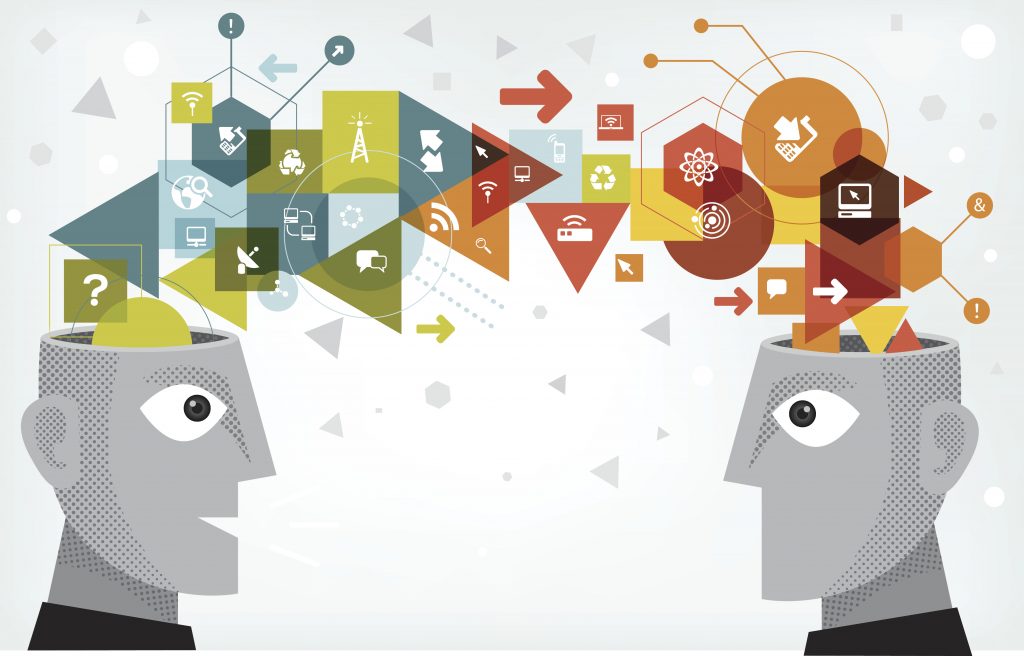Friday, November 9, 2018

Dr. Adam Gazzaley is a professor of neurology, physiology and psychiatry at the University of California – San Francisco and founding executive director of Neuroscape, a translational neuroscience center at UCSF. At the BrainFutures conference, he discussed how technology impacts our cognitive controls.
Cognitive controls such as attention, working memory and goal management are abilities that enable us to interact with the environment around us based on our goals.
According to Dr. Gazzaley, goal-setting abilities are the “pinnacle of the human brain” and what distinguishes our species from others.
Dr. Gazzaley also notes that we suffer a deficit in cognitive performance every time we switch tasks or try to engage in multiple tasks. While this conflict already existed before the widespread adoption of today’s technologies (i.e., smartphones, tablets and social media), the unprecedented level of exposure to information has degraded how we perceive the world and how we make decisions.
So, how can we gain control over our distracted minds? Dr. Gazzaley offers two options: modifying our behavior and enhancing our cognition. Evidence-based cognitive games such as those developed at Neuroscape can help improve cognitive controls.